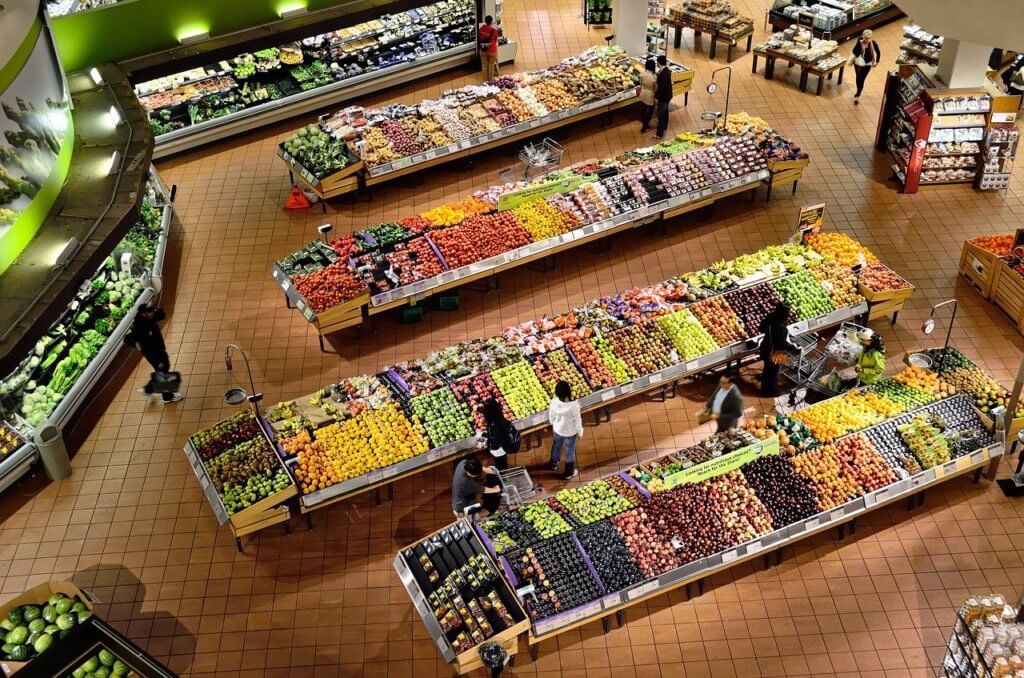
Eating Well on a Budget
Many people think that the only way to eat on a budget is to eat off of the dollar menu at their favorite fast food restaurant. The truth is that there are some practical ways that you can save money on food while eating meals that are nutritious and delicious.
Buy Fresh Now and Freeze for Later
Freezing fresh fruits and vegetables when they are in season is a great way to stop wasting money on fresh produce and improve your diet. Very few things are as frustrating as purchasing fresh produce, forgetting about it, and then realizing that it has gone bad. When you buy fresh fruit or vegetables in season, you get improved quality and spend less.
You may want to consider purchasing and freezing the following fruits and vegetables during the spring:
- Pineapples
- Mangos
- Asparagus
- Green beans
- Bell peppers
During the summer:
- Cantaloupe
- Peaches
- Watermelon
- Eggplant
- Tomatoes
During the fall:
- Pears
- Pumpkins
- Pomegranates
- Broccoli
- Brussel sprouts
Shop for Sales and Plan Meals
It all starts with making a menu. Decide what you want for lunch, dinner, and breakfast. When you have a written plan for your meals, you are less likely to purchase “convenience” meals at a fast food restaurant.
Look at store flyers and coupons and use these as a basis for planning your meals. The newspaper and the internet are good sources for coupons. A word of caution here is to not let sales cause you to get carried away. You don’t want to spend money on food that you not going to actually use.
Look at your pantry, refrigerator, and freezer. Check for expiration dates on foods and ingredients you have. Make meal plans based on the food you have that is going to expire first.
Plan at least one meal each week that does not use meat. Eggs, canned fish, legumes, and peanut butter are excellent sources of protein that are less expensive than meat.
After you have gone through the trouble of creating a menu and purchasing the food at a bargain price, think about how you are going to use the leftovers. For example, you could have roast chicken and rice for dinner on Sunday. Monday morning you can make chicken sandwiches for lunch. Tuesday you can take the chicken bones and make a soup. Add any of the leftover vegetables and rice from Sunday’s meal to enhance the flavor.
Meals that Use Less Expensive Cuts of Meat
Using cheaper cuts of meat allows you to stretch meat further and stick to your budget. For example, brisket, shin, and a skirt are less expensive cuts of beef that still have a rich flavor. Pork lovers may opt for the neck, spareribs, or a loin roast.
Save Money by Prepping Meals in Advance
One of the reasons why people spend so much money eating out is because they are busy and eating out is convenient. Prepping meals in advance saves money and hassle because it allows you to take advantage of your free time to make meals so that when you are busy, it simply is a matter of throwing the meals in the oven or microwave to heat them up.
Glass prep bowls, Mason jars, rice cookers, and salad containers are awesome options for preparing meals in advance and keeping them fresh.
Some people plan all of their meals in advance because this is what prevents them from eating out. Other people plan lunch and dinner in advance with the idea of having a simple breakfast. Playing around with different ideas may help you find an idea that is right for your family’s needs.
Of course, no matter how well you plan in advance, unforeseen circumstances may arise. If an unexpected emergency happens, such as your oven catching fire while you are cooking, know there are options like taking a cash advance, installment loan, or borrowing money from family to help repair the unexpected but necessary cost of fixing the damages.
Eating cheap does not always mean eating off of the local fast food restaurant’s dollar menu. With a little planning and a little forethought, you will be able to prepare delicious meals that your family will enjoy without breaking your budget.










